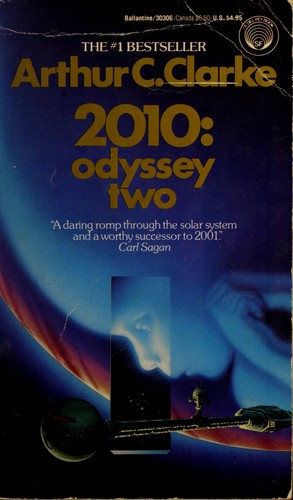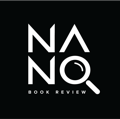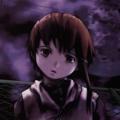Nano Book Review reviewed 2010: odyssey two by Arthur C. Clarke
A Welcome Continuation
5 stars
Some amount of reto-cannon was required to make the events in this book congruent with the movie. Once you get used to that, it's another excellent sci-fi book from Clarke. Lucifer shows up. Discoveries are made. This book was clearly written with a sequel in mind.
Some amount of reto-cannon was required to make the events in this book congruent with the movie. Once you get used to that, it's another excellent sci-fi book from Clarke. Lucifer shows up. Discoveries are made. This book was clearly written with a sequel in mind.




